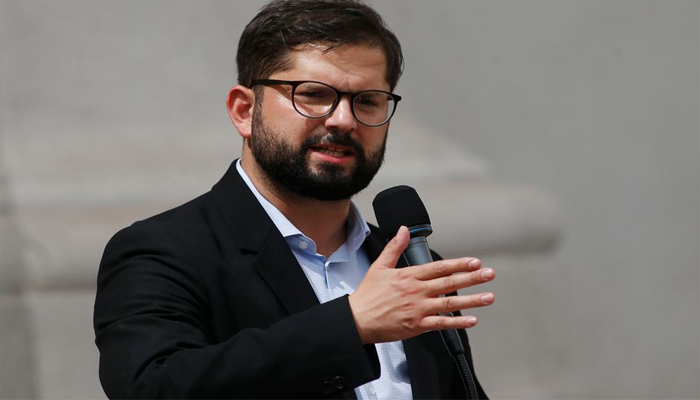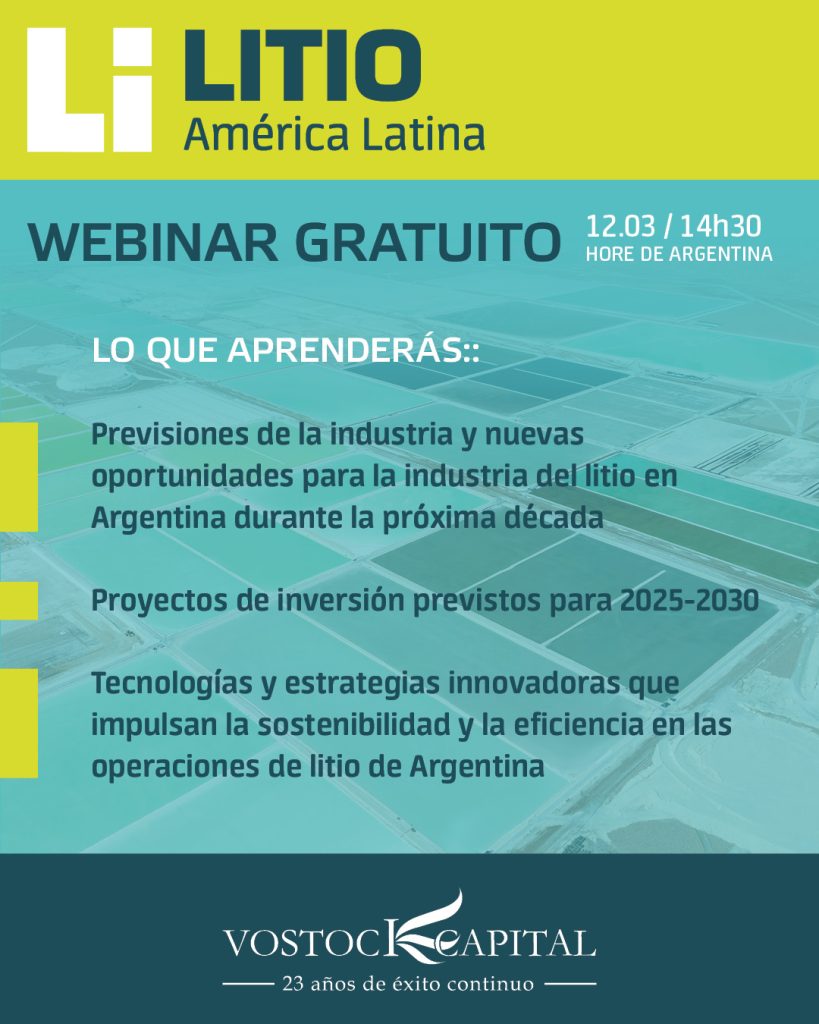His wish list, which includes ending private pensions, would destroy Chile’s capital markets.

Photo: Marcelo Fernandez/Getty
Chile will be the tomb of neoliberalism,” Gabriel Boric promised after being chosen as the far left’s presidential candidate in July. His 56% to 44% victory over conservative José Antonio Kast in Sunday’s election gives him a chance to fulfill that promise.
The election was a referendum on Chile’s past four decades. While Mr. Kast backed the principles and institutions that brought unprecedented levels of prosperity, his rival pledged a new order based on left-wing populism and identity politics.
In his first speech as president-elect, Mr. Boric announced plans to end Chile’s private pension system. He wants the country to return to a pay-as-you-go model, in which government would tax active workers to pay for retirees. In its past iteration, the system was riddled with corruption and ultimately went bankrupt. If implemented, this program would become an unsustainable burden for Chilean taxpayers. It would also gradually destroy the country’s capital markets, which are heavily dependent on the individual savings accumulated in private pension funds. Mr. Boric also plans to try to increase the size of government by almost a third over eight years. He seeks to raise tax revenue by 8% of gross domestic product. Economists across the ideological spectrum say this would destroy Chile’s growth potential.
Mr. Boric has questioned the free-trade pacts that have been a pillar of Chile’s economic success. He wants to raise the minimum wage by more than 60% while reducing the work week by five hours to 40. In addition, he plans to increase the social security payments required of employers by 60%. These measures could decimate the small and medium-sized businesses that create 65% of on-the-books jobs in the country.
The president-elect, who has openly supported left-wing terrorist organizations such as the Frente Patriotico Manuel Rodriguez and terrorist groups that operate in southern Chile, has assailed the moderate left as traitors to the Chilean people for subscribing to the “neoliberal model.” Mr. Boric is aligned with Chile’s Communist Party, which supports the dictatorships in Cuba, North Korea, Venezuela and Nicaragua.https://tpc.googlesyndication.com/safeframe/1-0-38/html/container.html
The Boric campaign’s antimarket narrative was spread by the media and institutions of higher education that are largely controlled by the left. Mr. Boric and the Communists secured their mandate in part because Chile’s economy has been lackluster recently.
Support from Hollywood celebrities such as Viggo Mortensen and Pedro Pascal, as well as endorsements by left-wing economists like Thomas Piketty, Joseph Stiglitz and Mariana Mazzucato, added momentum to Mr. Boric’s campaign. But his economic agenda would be disastrous and the costs borne by the poorest Chileans.
According to Mr. Boric, in recent decades the Chilean people have been exploited by—and elites have benefited from—neoliberal policies. Inequality, poverty and a lack of inclusion are part of the malaise that the radical left aims to eradicate. The facts, however, show a very different story.
After Marxist President Salvador Allende was overthrown by a military coup in 1973, a group of economists, called the Chicago Boys for their University of Chicago training, transformed Chile’s economy, making it a model for the developing world. They established pro-market institutions and policies such as privatizing social security and opening the economy to free trade.
Once democracy was restored in 1990, the coalition of center-left political parties known as Concertación threw more resources behind the economists’ efforts. The results were stark: Chronic inflation, which had peaked at over 500% in 1973, fell to below 10% by the 1990s and to under 5% by the 2000s. Between 1975 and 2015, per capita income in Chile quadrupled to $23,000, the highest in Latin America.
From the early 1980s to 2014 poverty fell from 45% of the population to 8%, while life expectancy rose from 69 to 79. The middle class as defined by the World Bank grew from 23.7% of the population in 1990 to 64.3% in 2015, and extreme poverty fell from 34.5% to 2.5%. Between 1990 and 2015 the income of the richest 10% grew a total of 30% while the income of the poorest 10% increased 145%.
Some analysts expect Congress to prevent Mr. Boric from implementing his radical agenda. But populism has been rampant even among the center left and the right in recent years. There is no guarantee that this will change now that Congress is split, particularly when the newly elected president enjoys massive popular support.
Yet the most dangerous effects of Mr. Boric’s victory may well be seen in the new constitution. The election results may embolden the radical left that holds sway over Chile’s constitutional convention, which is expected to wrap up next July. The left may come up with a more aggressively populist draft than would have been the case if Mr. Kast had won. If Chileans approve such a constitution in next year’s plebiscite, their country’s fate as another failed Latin American nation will be sealed.
Mr. Kaiser is a senior fellow at the Atlas Center for Latin America and a scholar at Adolfo Ibañez University.Petroleumworld, do not reflect either for or against the opinion expressed in the comment as an endorsement of Petroleumworld.
Original article
Editor’s Note: This article was originally publish on The Wall Street Journal on Dec. 21, 2021. All comments posted and published on Petroleumworld, do not reflect either for or against the opinion expressed in the comment as an endorsement of Petroleumworld.
Use Notice: This site contains copyrighted material the use of which has not always been specifically authorized by the copyright owner. We are making such material available in our efforts to advance understanding of issues of environmental and humanitarian significance. We believe this constitutes a ‘fair use’ of any such copyrighted material as provided for in section 107 of the US Copyright Law. In accordance with Title 17 U.S.C. Section 107. For more information go to: http://www.law.cornell.edu/uscode/17/107.shtml.
EnergiesNet.com 12 23 2021



